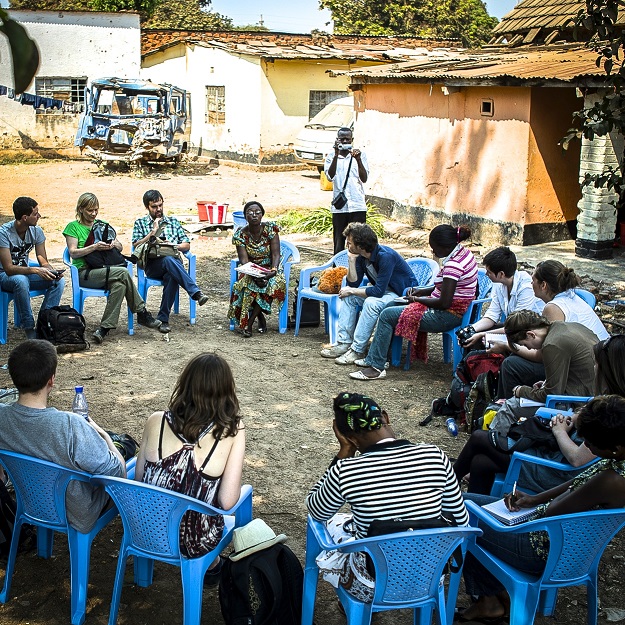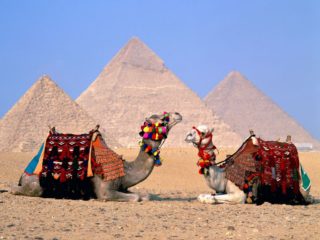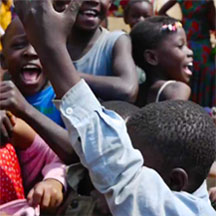LEALA World Futures Learning Lab
WFSF has been supported by the UNESCO Participation Program 2012-2013 in developing online learning content and procedures to run three pilot futures courses in Lubumbashi, DR Congo; Cairo, Egypt and Penang, Malaysia. WFSF also received approval under UNESCO Participation Program 2014-2015 to extend our World Futures Learning Lab into a second stage. The pilots for the second stage include projects in Mexico, Haiti and the Philippines.
The courses blend local face-to-face workshops with online learning of futures studies and foresight. The LEALA project focuses especially on the needs of Africa, youth and developing countries and the related challenges. It enables 60-90 young adults in these locations to learn foresight and it aims to provide experiences and skills to allow the participants to potentially seed ideas and support others who hold a forward-looking stance within their local communities.
Please follow the links to the left for further information from the individual projects.
The objectives and contexr of the project are explained in this article.




